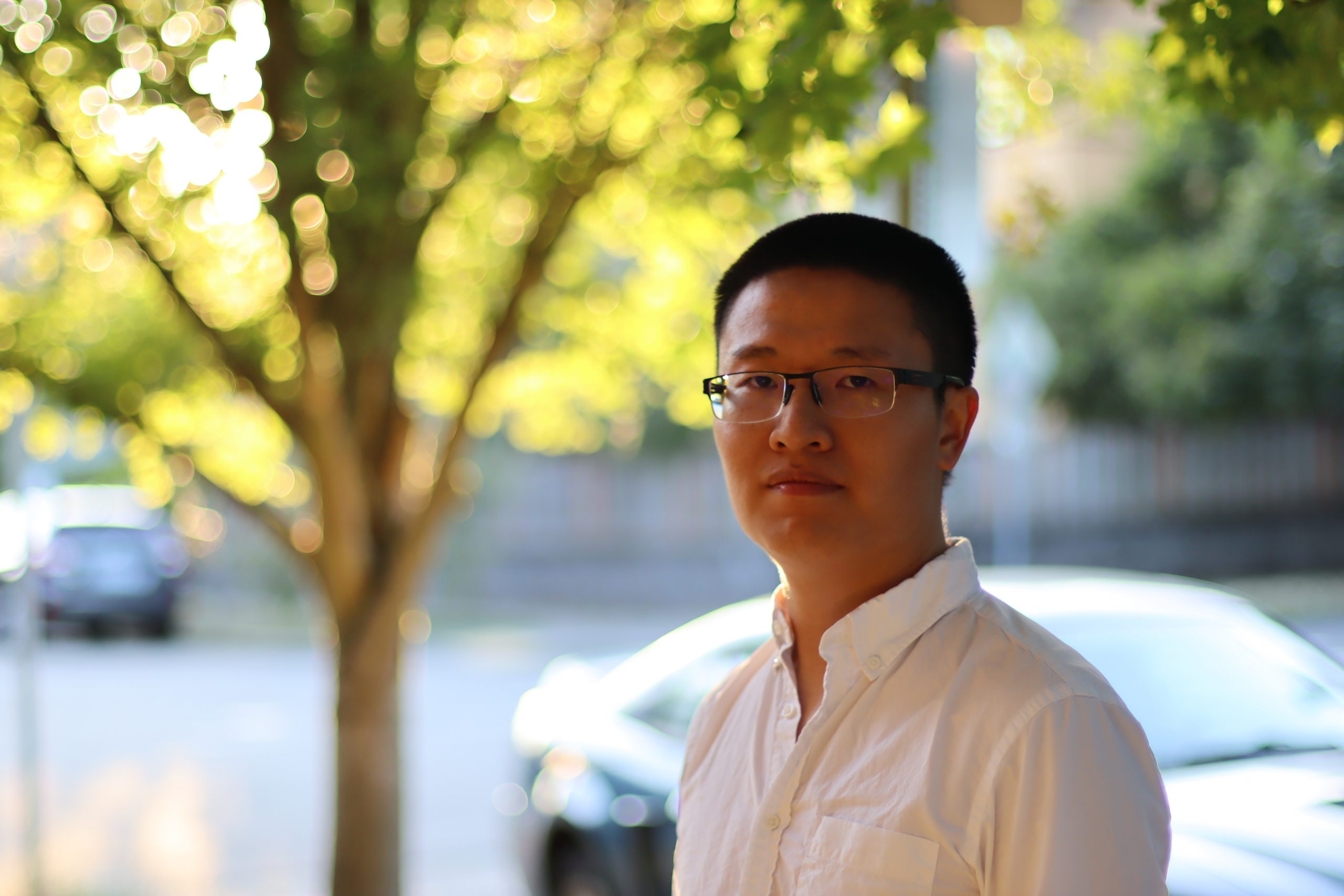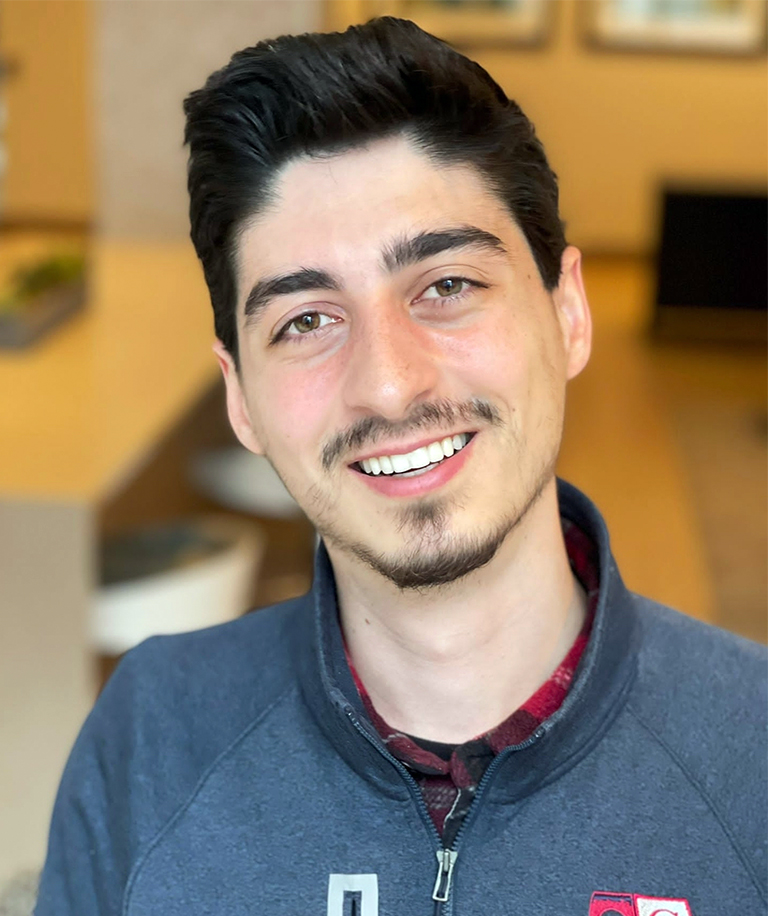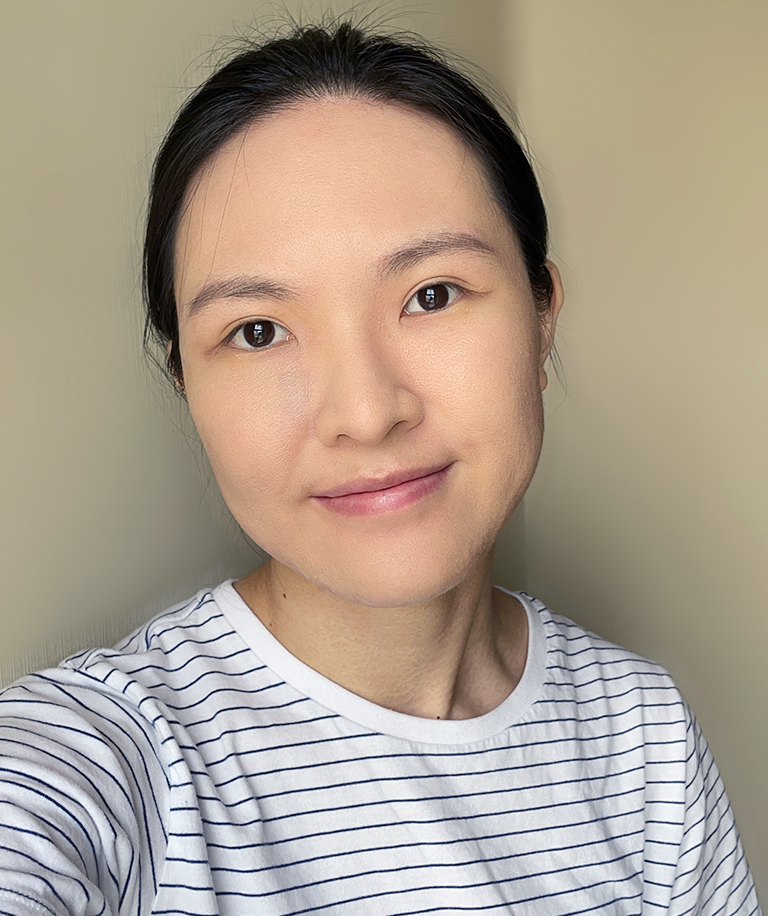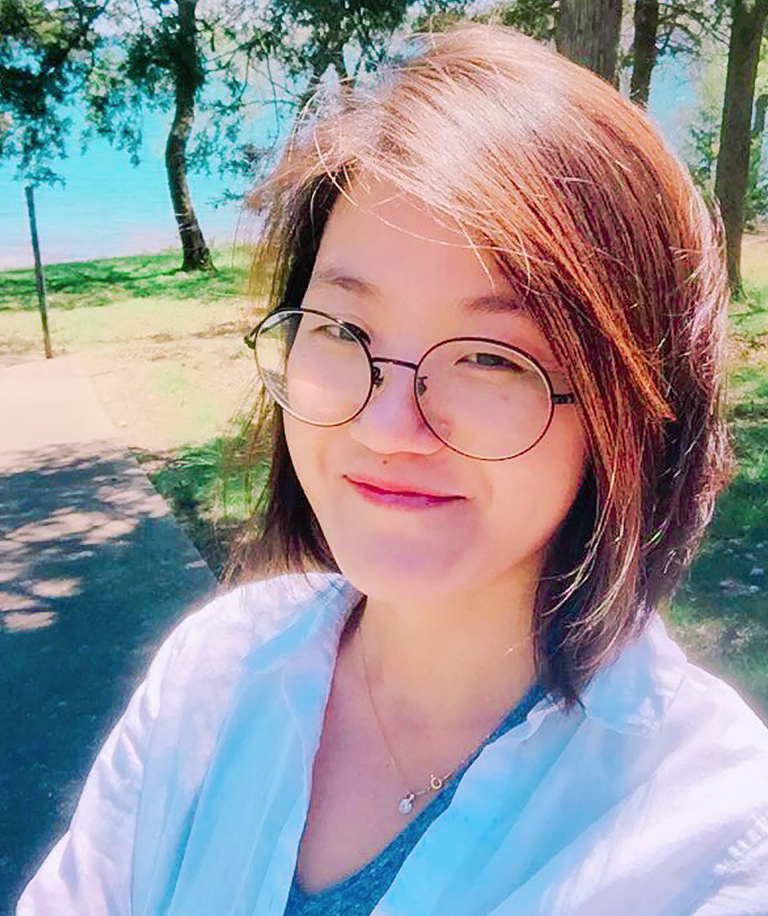By Dingzeyu Li, Adobe Research
My experience with the Adobe Research Fellowship transformed my career. In a short time, I have gone from a fellowship winner to a full-time Adobe Research staff member and co-chair of the program. Now, I’d like to share more with you about why this is such an outstanding effort and to encourage all interested PhD students to apply.
The Adobe Research Fellowship program brings high-caliber and diverse researchers into Adobe Research and the rest of Adobe. By rewarding outstanding PhD students who conduct exceptional research in areas important to Adobe and amplifying inclusiveness, we hope to engage with what these aspiring student researchers are working on, as well as share what Adobe teams are passionate about. We offer mentors and internship opportunities for winners, and we hope to collaborate with all the winners and amplify their research.

Applying for this fellowship is competitive, but worth it! I know because I applied twice. The first time, I was selected as a finalist—and the second time, in 2017, I won. With more research experience and ideas to show, I was recognized for my work. I was happy to be awarded this honor by an organization I truly respected. Adobe Research was—and still is—a dream team for me.
As an intern, I enjoyed the mixture of openness from academic research and real-world impact from product-oriented research at Adobe Research. Talking with different people and mentors along the way helped me make the decision to join Adobe Research full-time. Now, I work at our Seattle lab, and I co-chair the fellowship program with Adobe Research’s Valentina Shin.
Let’s learn from a few of our other past winners how this fellowship helped them learn, grow, and advance their work:
Mustafa Doga Dogan, 2021 Fellow
PhD candidate, Massachusetts Institute of Technology
In addition to affording greater flexibility and financial support during my doctoral studies, the Adobe Research Fellowship has provided me with networking opportunities and an invaluable chance to get feedback on my research progress from world-class researchers in my field. I am extremely grateful for all of this, as it is even more difficult to meet other researchers and potential collaborators at such a challenging time when many conferences have been cancelled or held virtually because of the pandemic.
I strongly believe in Adobe’s mission of democratizing creativity by building the best software tools for designers and fostering the bi-directional inspiration process between the digital and physical worlds, which my research aims to bring closer.
Last year, I was lucky to meet and receive feedback and guidance from several Adobe researchers, including Rubaiat Habib, on how my research could contribute to more intuitive AR experiences. Furthermore, connecting with other Adobe researchers who are not in my research subfield has allowed me to get feedback on my bigger-picture vision, and it has been very helpful for me in understanding how my research could be impactful in other fields.
For those interested in applying, I would encourage them to think about how their research contributes to Adobe’s mission of empowering designers and enabling more intuitive interactions and transfers between the digital and the physical worlds.
Yixin Hu, 2019 Fellow
PhD candidate, New York University
The Adobe Research Fellowship was an honor for me. I was able to pursue an internship opportunity at Adobe, so that I could collaborate with researchers at Adobe and publish more research work. This fellowship also showed that my previous work attracted interest from both academia and industry.
I collaborated with Adobe Research’s Qingnan (James) Zhou on projects aimed at solving fundamental meshing problems. We stress-tested our algorithms and open-sourced our work. We hope this work can help people solve the bottleneck of meshing in their own projects.
After the fellowship, I have continued to collaborate with Adobe Research. The fellowship enabled me to work on follow-up projects related to my research, so that I could go deeper in the field of meshing. My recently published work has been used in the released products of many companies. Adobe Research is definitely an open and creative place to do research. So when applying for the fellowship, I would suggest that candidates highlight the most innovative contributions of their work and its future trajectories in their research proposals. I recommend focusing on a creative topic with lots of potential for interesting follow-ups.
Jeeeun Kim, 2018 Fellow
Assistant Professor of Computer Science and Engineering, Texas A&M University
New connections that I formed through the Adobe Research Fellowship helped me believe in the value of my research. I remember talking with other researchers about why we need to care about end-users. We discussed the value of transferring research into technology as design and creativity tools to be used by customers, to make a real-world impact.
My fellowship and the internship at Adobe Research expanded my research domain from HCI to the graphics area. My mentors helped me leverage project-level ideas into high-level research questions.
After my fellowship/internship, I kept in touch with colleagues from Adobe Research. I kept participating in some Adobe Research meetings, including ones led by Wil Li and Mira Dontcheva. Both are leading figures in my domain. I wouldn’t have been able to be directly connected with them to talk about my research as a PhD student if I had not been granted the fellowship and internship opportunities. Even after the internship, I see them at program committee meetings and at conferences, and I can ask them about my current research.
If I could give advice to applicants, I’d say: Do believe in the long-term vision of your research! Your research statement is the space to describe what your research vision is, even if it is ambitious to achieve in the next five years.
Applications for the 2022 season are now closed. Please check the Adobe Research Fellowship program page to learn about future opportunities.


